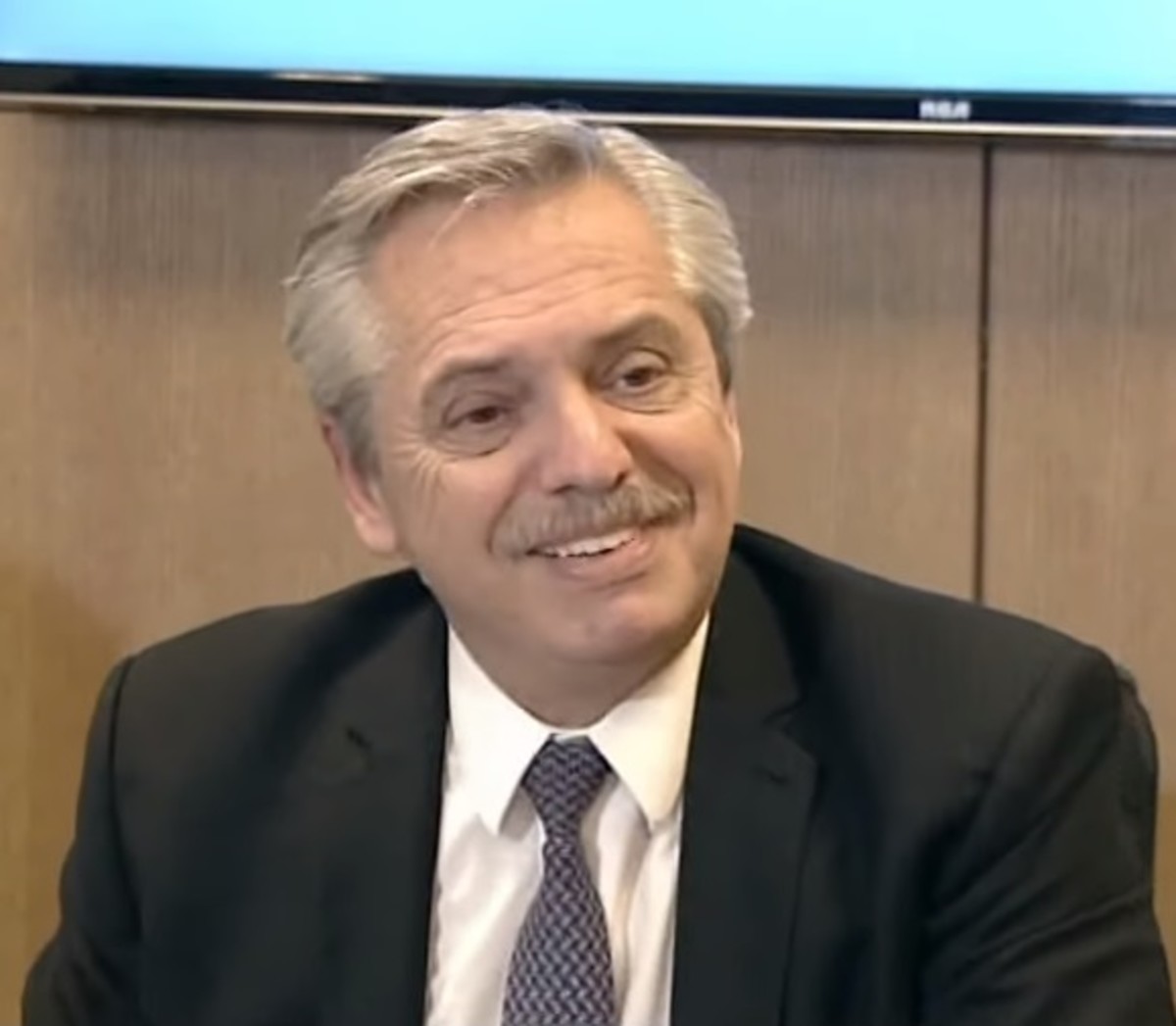It’s an anxious time to work at a Biglaw firm. Scratch that, it’s an anxious time to be alive, period. But with all of the layoffs, furloughs, and salary cuts making their way through the industry, Biglaw is feeling the strain.
In a move that’s an example of transparency, Fox Rothschild, a firm with 2018 gross revenue of $498,000,000 making it 74th on the Am Law 100, laid all the cards on the table with employees. As part of the firmwide announcement of COVID-19 austerity measures, the firm went with a good news/bad news approach that foregrounded that they are not considering layoffs, at least not now:
The Firm has determined that it will not currently engage in a program of layoffs or furloughs for its staff or attorneys. The steps we are taking as described further below are designed to maintain the employment of our existing compliment of attorneys and staff. This decision will also be subject to review depending on the length of the current crisis and our financial performance.
And the firm was clear that they intend to go forward with promotions as planned:
In the meantime, the Firm intends to continue with its annual processes for elevating associates to partner and elevating income partners to equity partner, and intends to make the compensation decisions that evolve from attorneys being promoted in each of those cases, in the normal course of business.
Then came the tougher news. The firm is also planning salary cuts for all employees making over $100,000. The methodology is detailed, but boils down to cuts between 10 and 15 percent:
Those who have salaries in excess of $100,000 will have their bi-weekly pay reduced by 10% of their first $200,000 in annual compensation and 20% of their compensation in excess of $200,000, subject to the following two conditions. First, reductions in salary for those earning between $100,000 and $110,000 will be limited to the amount required to reduce the salary to $100,000. Second, the total reduction in salary for those earning in excess of $200,000 will be limited to 15% of that person’s salary.
Mark L. Morris, Firmwide Managing Partner of Fox Rothschild, provided Above the Law with the below statement which also details the firm’s cost-cutting measures:
Like many other law firms throughout the country, Fox Rothschild faces a future that will be impacted by the COVID-19 pandemic. The firm has adopted a series of measures to ensure financial flexibility. Fox Rothschild recently completed a successful fiscal year, and these steps are designed to mitigate the potential economic effects of the uncertain times ahead.
· Fox Rothschild is not presently planning or undertaking any layoffs or furloughs of staff or attorneys.
· A tiered salary reduction of between 10% and 15% for all attorneys and staff earning above $100,000 takes effect in May. The firm plans to revisit this salary reduction periodically to determine if it remains necessary as economic conditions improve.
· No reductions will occur for anyone at the firm with a salary of $100,000 or less.
· A special capital contribution has been made by equity partners, who are also reducing their monthly draws in tiers, between 10% and 20%, beginning in May.
· The summer associate program will have a reduced term.
· First-year associates will begin their employment in January 2021.
We recognize that throughout the country, in every industry, companies both large and small are facing an unprecedented set of challenges, circumstances and choices. We have taken these measures in the spirit of retaining our attorneys and staff and remaining nimble as the impact of the pandemic unfolds, while at the same time sharing the potential burdens of the crisis across all constituencies of the firm. We are confident these measures will enable Fox Rothschild to emerge from the pandemic stronger than ever while continuing to provide our clients with the services and support they need throughout these trying times.
Good luck to the firm as they navigate these difficult times.
If your firm or organization is slashing salaries, closing its doors, or reducing the ranks of its lawyers or staff, whether through open layoffs, stealth layoffs, or voluntary buyouts, please don’t hesitate to let us know. Our vast network of tipsters is part of what makes Above the Law thrive. You can email us or text us (646-820-8477).
If you’d like to sign up for ATL’s Layoff Alerts, please scroll down and enter your email address in the box below this post. If you previously signed up for the layoff alerts, you don’t need to do anything. You’ll receive an email notification within minutes of each layoff, salary cut, or furlough announcement that we publish.
 Kathryn Rubino is a Senior Editor at Above the Law, and host of The Jabot podcast. AtL tipsters are the best, so please connect with her. Feel free to email her with any tips, questions, or comments and follow her on Twitter (@Kathryn1).
Kathryn Rubino is a Senior Editor at Above the Law, and host of The Jabot podcast. AtL tipsters are the best, so please connect with her. Feel free to email her with any tips, questions, or comments and follow her on Twitter (@Kathryn1).



 Olga V. Mack is the CEO of
Olga V. Mack is the CEO of 











 Jordan Rothman is a partner of
Jordan Rothman is a partner of 